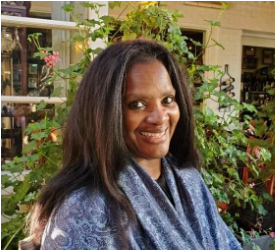Saturday, February 8
10:00 a.m. PT
Speaker: Arathi Menon, Art History Assistant Professor, Hamilton College
Virtual Event
Since antiquity, Kerala on the Malabar Coast of southwestern India has served as a beacon for merchant ships. A confluence of factors, including Kerala’s fortuitous position in the Indian Ocean mercantile network, abundant export of spices, and partnerships rooted in diplomacy and trade, engendered a regional milieu of multicultural cosmopolitanism and a shared artistic vocabulary across religions. This talk examines architectural and sculptural similitude in Kerala’s premodern churches, mosques, synagogues, and temples, the agency of local artisans, and the roles played by rulers, merchants, and religious leaders to present a history of art and cosmopolitanism on the Malabar Coast.
Speaker Bio: Arathi Menon is assistant professor of art history at Hamilton College. She earned her doctorate in art history and archaeology from Columbia University and specializes in the histories of art in South Asia, with a focus on the material culture of the premodern Indian Ocean world. Menon’s current book project examines the medieval art and architecture of churches, mosques, synagogues, and temples on the Malabar coast of southwestern India. Her career has blended academic and museum appointments, including at the Museum of Contemporary Art San Diego and the New Children’s Museum in San Diego. She has taught at Columbia University and Scripps College of the Claremont Colleges and was previously the Andrew W. Mellon Postdoctoral Fellow at Smarthistory—The Center for Public Art History.
Please reserve your spot by clicking on this link. All participants will be sent the Zoom link and instructions via email once you secure your place.
Sponsored by the South Asian Arts Council.
Featured: Photo of Thazhathangady Juma Masjid mosque courtesy of Arathi Menon. © Arathi Menon





